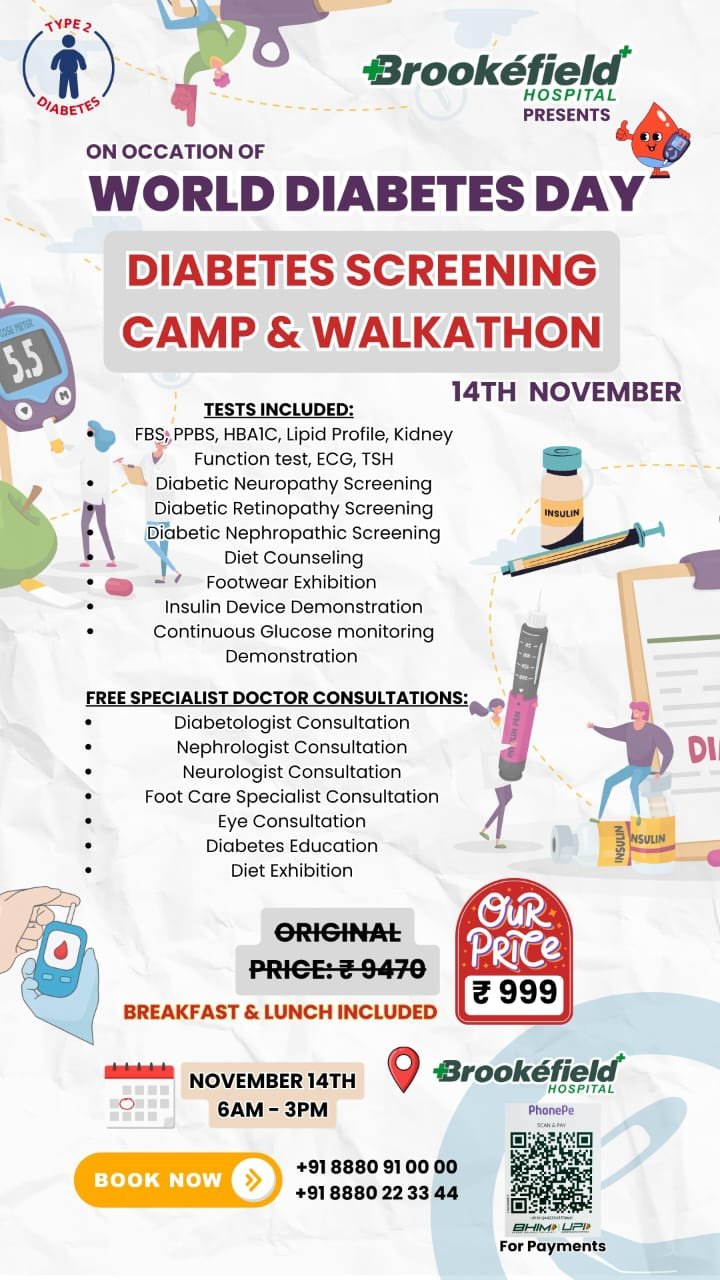Diabetes is a chronic medical condition that occurs when the body’s ability to produce or respond to insulin is impaired. Insulin is a hormone that regulates the amount of sugar in the blood, and when it is not functioning properly, it can lead to a range of health complications. In this article, we will explore the main signs of diabetes, including both common and lesser-known symptoms.
Overview:
Diabetes is a condition that affects millions of people worldwide, and it is important to be able to recognize the signs of the disease in order to seek proper medical attention. Diabetes can lead to serious health complications if left untreated, including kidney disease, heart disease, and blindness. By understanding the main signs of diabetes, individuals can take steps to manage the condition and prevent these complications from developing.
5 Common Signs of Diabetes
The following are some of the most common signs of diabetes:
1. Increased Thirst and Urination
One of the most common signs of diabetes is increased thirst and urination. This occurs because the body is trying to flush out excess sugar in the blood, which causes more frequent urination and leads to dehydration.
2. Fatigue
Fatigue is another common symptom of diabetes, as the body is unable to properly utilize glucose for energy. This can lead to feelings of exhaustion and weakness, even after getting plenty of rest.
3. Weight Loss
Sudden and unexplained weight loss can also be a sign of diabetes. This occurs because the body is unable to properly absorb nutrients, leading to rapid weight loss.
4. Slow Healing of Cuts and Wounds
Diabetes can also affect the body’s ability to heal, leading to slow healing of cuts and wounds. This occurs because high blood sugar levels can damage blood vessels and impair circulation, which can make it harder for the body to repair damaged tissue.
5. Blurred Vision
Blurred vision can also be a sign of diabetes, as high blood sugar levels can cause damage to the blood vessels in the eyes. This can lead to a range of vision problems, including blurred vision and even blindness if left untreated.
Lesser-Known Signs of Diabetes
While the above symptoms are some of the most common signs of diabetes, there are also several lesser-known symptoms to watch out for:
Itchy Skin
Diabetes can cause dry, itchy skin due to dehydration and poor circulation. This can lead to skin infections and other complications if left untreated.
Numbness and Tingling in the Hands and Feet
High blood sugar levels can damage nerves in the body, leading to numbness and tingling in the hands and feet. This is known as diabetic neuropathy and can be a serious complication if left untreated.
Frequent Infections
Diabetes can also weaken the immune system, making individuals more susceptible to infections. This can lead to frequent infections of the skin, urinary tract, and other parts of the body.
Erectile Dysfunction
Men with diabetes may also experience erectile dysfunction, as high blood sugar levels can damage blood vessels and impair circulation to the penis.
Gum Disease
Diabetes can also increase the risk of gum disease, as high blood sugar levels can lead to bacterial growth in the mouth. This can lead to tooth loss and other dental complications if left untreated.
Get Diabetes Treatment
So Looking for the diabetes treatment in Bangalore, must book an appointment with Brookefield Hospital, One of the top-rated multi-speciality hospital provide best diabetes care and management services.
FAQs About Signs of Diabetes
Here are some frequently asked questions about diabetes:
1. How is diabetes diagnosed?
Diabetes can be diagnosed through a blood test that measures the amount of glucose in the blood. This is known as a fasting plasma glucose test.
2. What are some common risk factors for diabetes?
Some common risk factors for diabetes include being overweight or obese, having a family history of diabetes, and being physically inactive.
3. Can diabetes be prevented?
While there is no surefire way to prevent diabetes, individuals can reduce their risk by maintaining a healthy weight, getting regular exercise, and eating a balanced diet.
4. What are some treatments for diabetes?
Treatment for diabetes typically involves lifestyle changes such as diet and exercise, as well as medication such as insulin therapy or oral medications.
5. How can I manage my diabetes?
Managing diabetes involves monitoring blood sugar levels regularly, maintaining a healthy diet, getting regular exercise, taking medication as prescribed, and working closely with a healthcare provider.
In summary, understanding the main signs of diabetes is crucial for early diagnosis and treatment of this chronic medical condition. By recognizing these symptoms and seeking proper medical attention, individuals with diabetes can better manage their condition and prevent serious health complications. Regular checkups and close collaboration with a healthcare provider can help ensure the effective management of diabetes.
Also Read:




